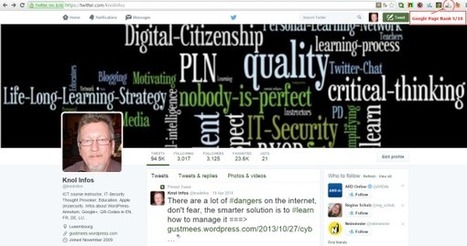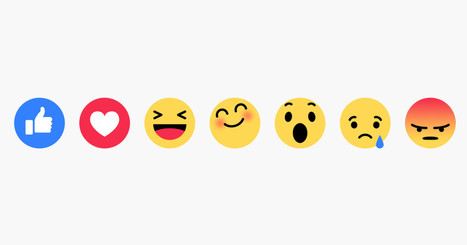Say it with a smiley.
Adam Mosseri, Facebook’s director of product, tells TechCrunch that Reactions will be tested in only two markets for now, Spain and Ireland, countries whose friend networks tend not to extend beyond national borders, making them ideal “closed test groups.” The biggest caveat: Facebook says it still needs to figure out whether it wants to tweak these empathetic emoji. “We’ll use the feedback from this to improve the feature and hope to roll it out to everyone soon,” Cox continued.
The other consideration, of course, is that a strict “dislike” button would be a bad thing for brands, a camp Facebook would rather not expose to hostilities. In fact, the new range of emotions could offer more than just defensive benefits. They let Facebook quantify your feelings with even more granularity, which could in turn help Facebook serve up ads that are even more well-suited to you. In the end, it’s all just data.
Gust MEES: Looks GOOD to me as it is expressing emotions <===> Empathy <===> ;)
Learn more:
http://www.scoop.it/t/21st-century-learning-and-teaching/?tag=Empathy







 Your new post is loading...
Your new post is loading...











Reflecting After Six (6) Years Online On Twitter On A Blog Post First of all, it isn't NOW after six years (2015) that I reflect about Twitter, I do this very often actually on Twitter itself! BUT it is NOW that I feel it necessary to post it ALSO in a blog post.…